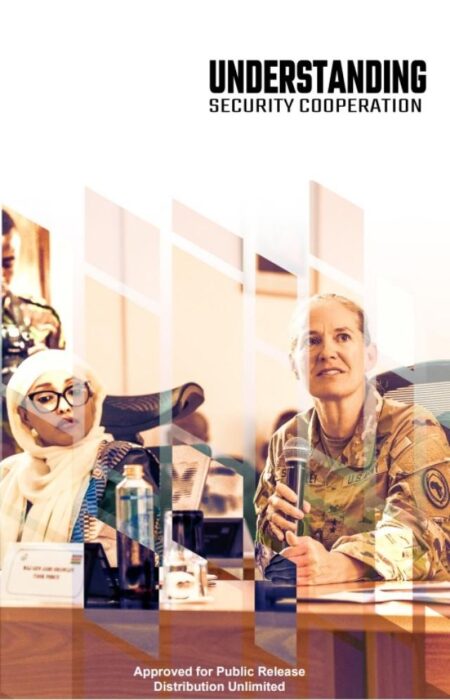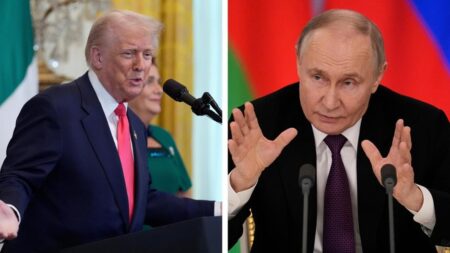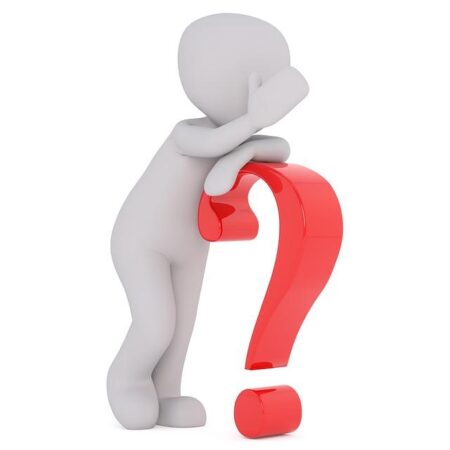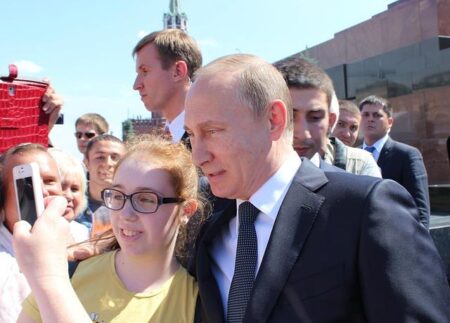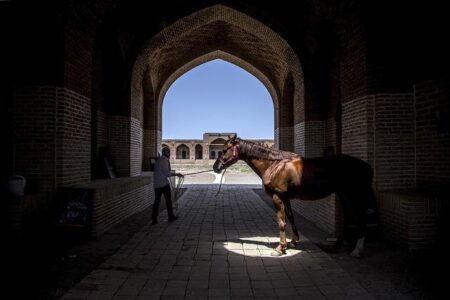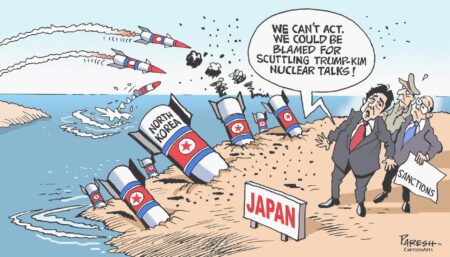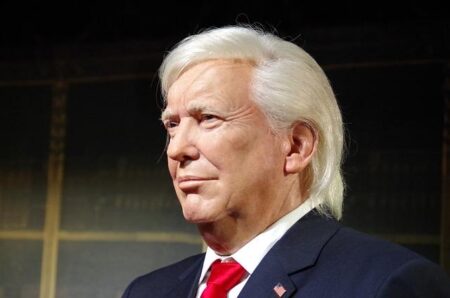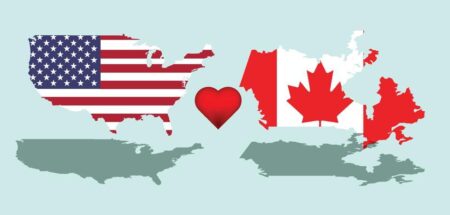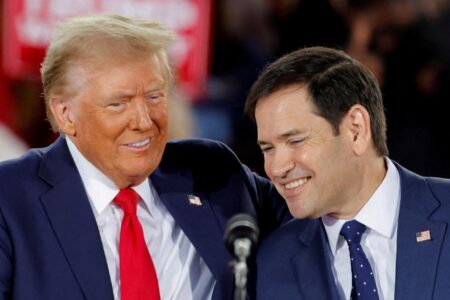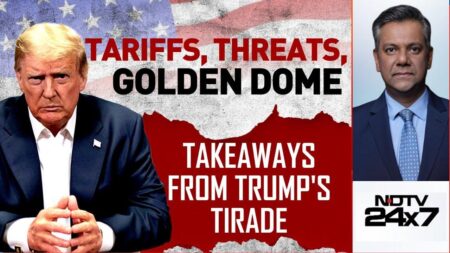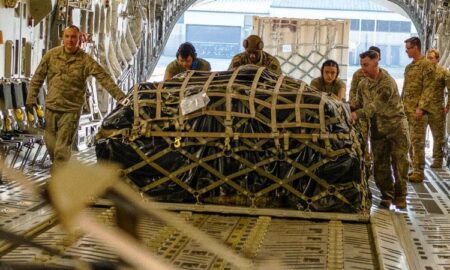The U.S. Department of State is enhancing security cooperation with Ukraine, focusing on military aid, training programs, and intelligence sharing. This effort aims to bolster Ukraine’s defense capabilities amid ongoing regional tensions and foster stability in Eastern Europe.
Browsing: Diplomacy
In a significant development, President Vladimir Putin has expressed tentative support for a proposed ceasefire in Ukraine, acknowledging the need for further discussions. This shift could pave the way for renewed diplomatic efforts to resolve the ongoing conflict.
Prime Minister Mark Carney is set to embark on his first official foreign trip, visiting France and the U.K. The trip aims to strengthen bilateral relations and discuss key economic issues, signaling a commitment to international collaboration.
Japan’s Prime Minister recently issued an apology for distributing gifts, raising concerns about budget transparency and integrity. This incident adds uncertainty to the country’s fiscal outlook, prompting calls for greater accountability in governmental practices.
In a call for decisive action, UK Labour leader Keir Starmer urged Russian President Vladimir Putin to abandon his delaying tactics in the ongoing conflict in Ukraine. This statement came as the UK hosted a meeting of Ukraine allies, reinforcing support amid rising tensions.
Iran has summoned diplomats from the UK, France, and Germany following a closed-door UN meeting addressing its nuclear program. This diplomatic move highlights rising tensions and Tehran’s concerns over discussions that may impact its nuclear negotiations.
Canada has announced plans to ease sanctions on Syria, signaling a potential shift in foreign policy. The move coincides with the appointment of a new ambassador, aiming to enhance diplomatic engagement amid ongoing regional challenges.
Spain and Morocco are strengthening their partnership to navigate the challenges of global competition. As strategic allies, both nations aim to enhance economic ties and security cooperation, showcasing a united front in an increasingly complex geopolitical landscape.
In a recent statement, Russian President Vladimir Putin expressed tentative support for a ceasefire in Ukraine, though he voiced skepticism about its feasibility. His remarks highlight ongoing complexities in the conflict, as diplomatic efforts continue to face significant challenges.
The recent U.S.-India Summit highlighted strengthened bilateral ties and collaborative initiatives across defense, technology, and trade. Both nations are poised for a busy year ahead, tackling global challenges together and enhancing strategic partnerships.
In a recent statement, French President Emmanuel Macron expressed openness to discussions on extending France’s nuclear deterrence strategy. This position underscores France’s commitment to its defense posture amid evolving global security challenges.
In a surprising diplomatic overture, former President Donald Trump has urged Russian President Vladimir Putin to spare Ukrainian troops in the besieged region of Kursk. The call highlights ongoing concerns over the humanitarian impact of the conflict.
In a firm response to U.S. Senator Marco Rubio, Canadian Foreign Minister M√©lanie Joly asserted, “Canada’s sovereignty is not up for debate, period.” Her statement underscores Canada’s commitment to defending its territorial integrity amidst international discussions.
Senator Marco Rubio arrived in Canada for the G7 summit as tensions rise over tariffs between the U.S. and its allies. Discussions are expected to center on trade policies and their economic impacts, highlighting the complexities of international relations.
In response to Trump’s tariffs, a growing “Boycott USA” movement has emerged globally. This backlash reflects discontent among countries impacted by trade barriers, leading to calls for consumers to reject American products in favor of local alternatives.
Australian Prime Minister Anthony Albanese has criticized the US decision to impose tariffs on Australian goods, labeling the move as “not a friendly act.” This response follows former President Donald Trump’s refusal to grant an exemption for Australia, heightening trade tensions.
The U.S. has resumed military aid and intelligence sharing with Ukraine as the nation expresses willingness for a 30-day ceasefire. This development comes amid ongoing tensions and efforts to foster dialogue in the region, signaling potential shifts in strategy.
Iran, China, and Russia have commenced annual joint naval drills in a show of unity amid shifting global alliances. These exercises come as former President Trump’s policies continue to challenge traditional Western partnerships, raising geopolitical concerns.
Germany’s Chancellor Olaf Scholz has welcomed the European Union’s response to newly imposed U.S. tariffs, viewing it as a unified stance that strengthens transatlantic relations. He emphasized the importance of solidarity among EU member states in addressing trade challenges.
In response to the lessons learned from the first trade war initiated by Donald Trump, China has adapted its strategies for navigating tariffs. By diversifying markets and enhancing domestic production, Beijing aims to mitigate the economic impact of renewed trade tensions.

